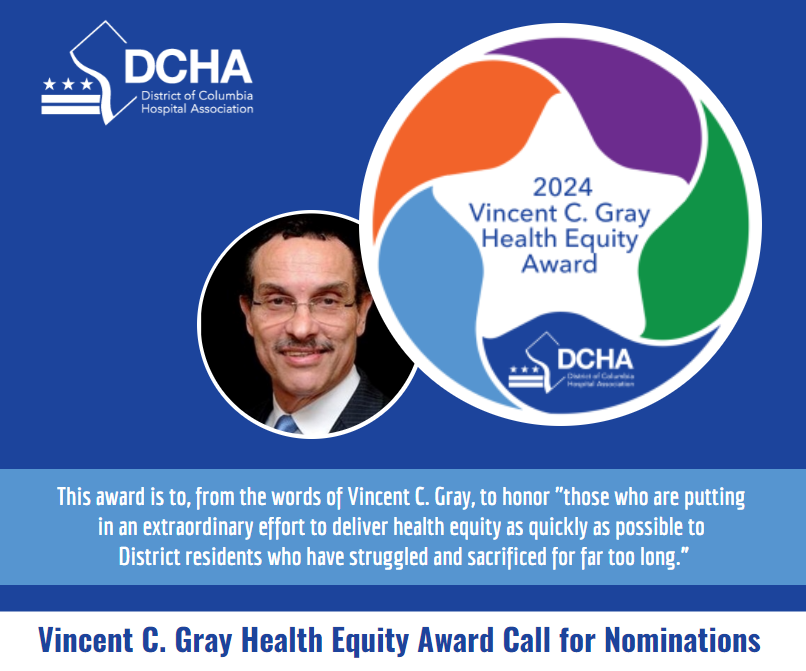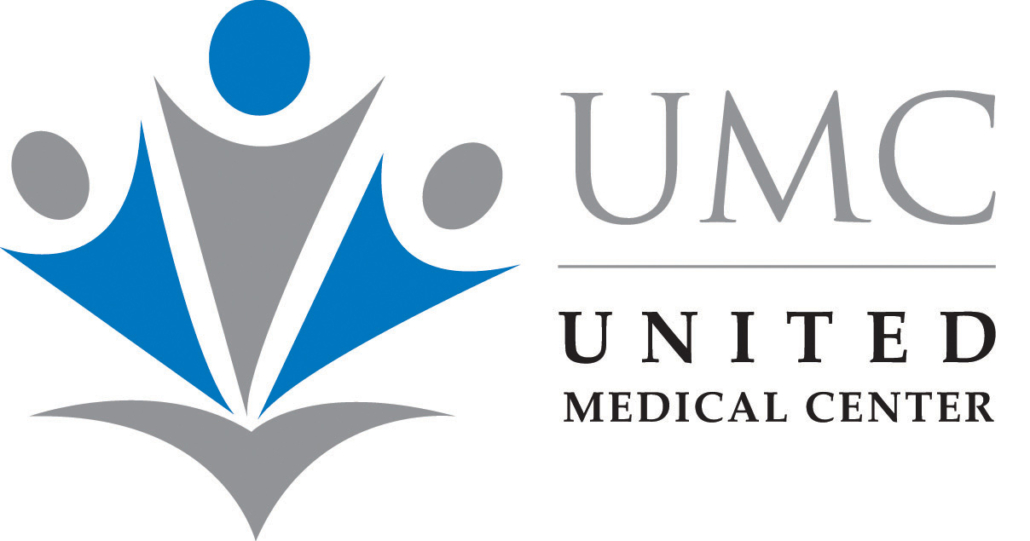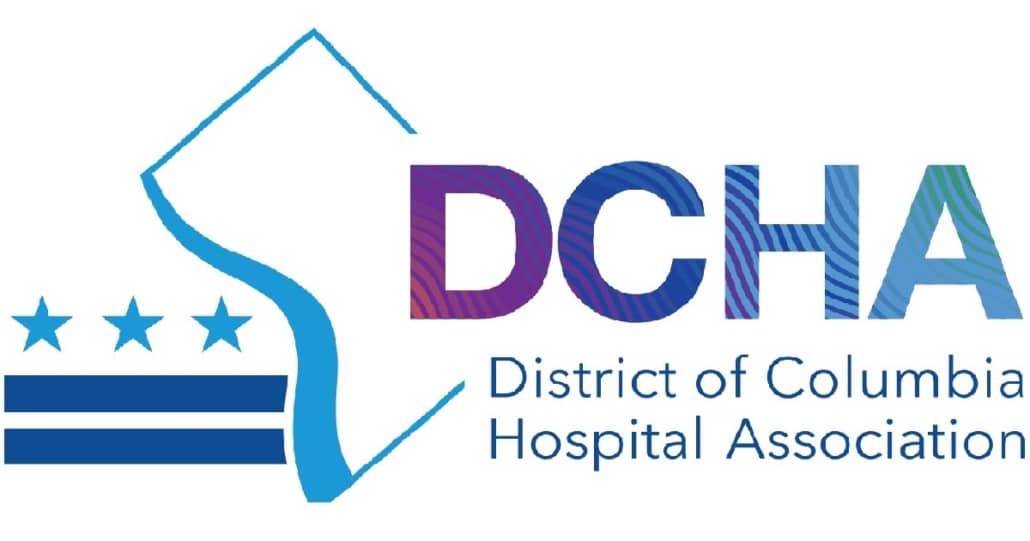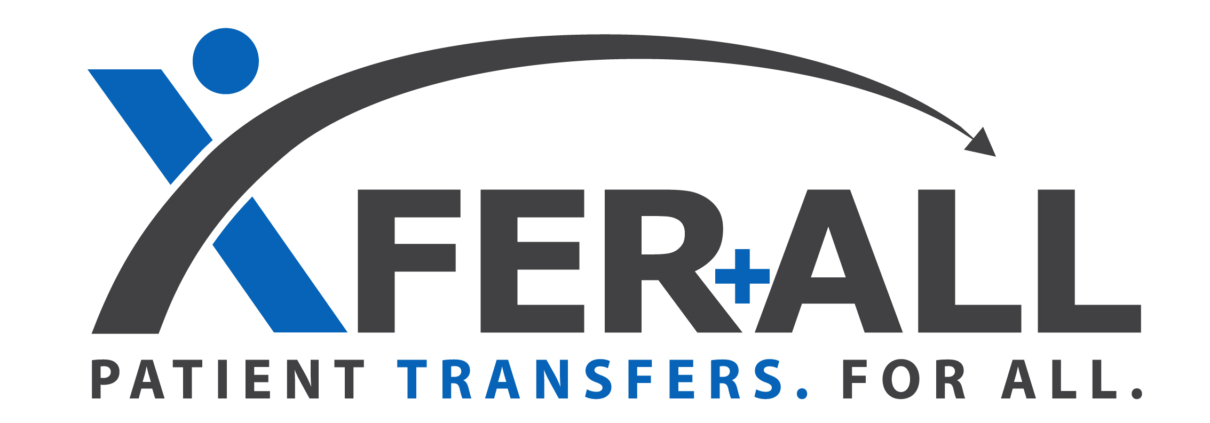
Op-ed written by Shana Palmieri, LCSW, Chief Clinical Officer and Cofounder, XFERALL
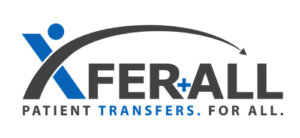
The Washington Post recently published the article ‘An autistic teen needed mental health help. He spent weeks in an ER instead.’ It is beyond distressing to hear repeated stories about the suffering of patients and families like Zach’s, spending days and in this case months in the emergency department waiting for a transition to behavioral health treatment.
As health care providers and administrators, you have likely faced the challenge to ensure timely access to behavioral health services for patients like Zach experiencing a crisis. The health care team working around the clock to facilitate better referrals and placement for clinically appropriate care to meet their needs. Often this is met with challenges, outdated processes and limited options to which this article provides an insight to. These stressful situations impact everyone involved, the patient, the family, caregivers, and the entire care team.
Speaking from my own experience, many of us have walked into our emergency departments with patients lined up on stretchers needing behavioral health crisis services waiting for hours and days for placement. The challenge is nationwide, with patients languishing in the emergency department causing a myriad of operational and quality of care challenges. Meanwhile the consequences of emergency department boarding of psychiatric patients present increased risk often leading to negative outcomes that are distressing, traumatic, or potentially life-threatening. The consequences of maintaining the status quo without a systemic intervention to drive improvements spreads across multiples domains.
Quality Patient Care, Safety & Risk Management
Psychiatric patients boarding in the emergency department increases risk events for the patient themselves, health care professionals and other patients presenting to the emergency department for acute medical conditions. As emergency departments reach their capacity limits, staff are stretched thin sometimes resulting in increased risk events. Quality of care is impacted for all patients because of obstacles to efficient throughput. The entire health care system can become bottlenecked, patient care suffers and at times safety is compromised.
Workforce Inefficiencies and Shortages
The health care industry is amid a critical health care workforce shortage. According to the 2022 NSI National Healthcare Retention & RN Staffing Report, the average hospital turnover rate is now 25.9% – an increase of 6.5%.
During this challenging workforce shortage, highly trained healthcare professionals have to follow manual processes to coordinate care by making repeated phone calls and faxing to find an available behavioral health placement, while delays and patient care is waiting. Hours and hours of precious staff time is wasted on an inefficient process when the opportunity to use resources to automate and improve productivity drastically reducing emergency boarding times is available.
Lost Opportunity and Cost
The cost of psychiatric emergency department boarding to health system’s is significant. Delayed care leads to poor outcomes and emotional stress felt by staff and patients. Additionally there are financial implications when these scenarios become the norm. Health systems may have to limit their ability to treat and admit higher acuity medical patients. This right sizing for facilities is critical to ensure all services can continue to be provided for communities.
Extended behavioral health boarding costs occur when clinicians are searching for bed placement, for example a mid-sized acute-care hospital were transferring on average 90 behavioral health patients a month. This process took on average over 8 hours per patient to find an appropriate transfer for a bed placement That equated to over 720 hours per month just in staff time to find placement. At the estimated cost of $250 an hour to board a behavioral health patient in the emergency department (includes cost of care and opportunity lost) those 720 hours is equal to a loss of $180,000 per month or $2,160,000 per year. This hospital automated the bed placement process and today their average time to find a bed is under 55 minutes. With these changes the same 90 patients now cost the system only $22,500 per month or $270,000 per year. That is a cost savings of $1,890,000 annually.
Changing the Status Quo
The cost of maintaining the status quo is significant. Change is hard. We consistently ask our patients to make significant, difficult, life transforming changes to improve their health, improve their mental health symptoms and eliminate their addictions. Healthcare systems, clinicians and administrators also must engage in this type of proactive change to reap the positive benefits in the years to come. The cost is too high to keep things the way they are for patients, for families, for health care providers and for the health care system.
A Behavioral Health Automated Transfer Network is available in the District of Columbia and surrounding states. The automated network offered through XFERALL, a web-based platform with companion mobile application, is available to healthcare systems, first responders, mobile crisis teams and local crisis providers. Working together, standing up an network, expediting transfers, and using real-time data to drive continuous quality improvement will lead us one day at a time away from the challenges, excess cost, and negative patient and healthcare provider experience and into a future that drives consistent improvements in quality patient care, decreases risk events, improves safety, provides transparent data to enhance regional capacity, addresses staff safety, and improves access to care that ensure patients and families similar to Zach’s have immediate access to quality care.


